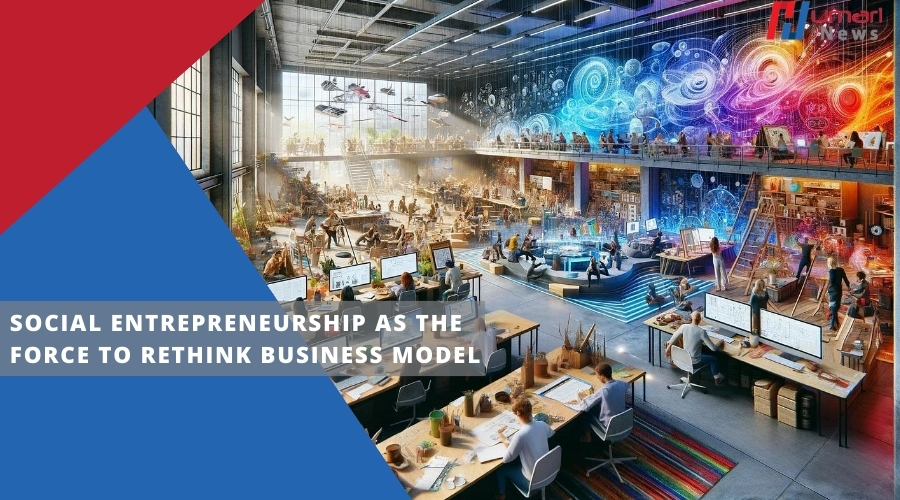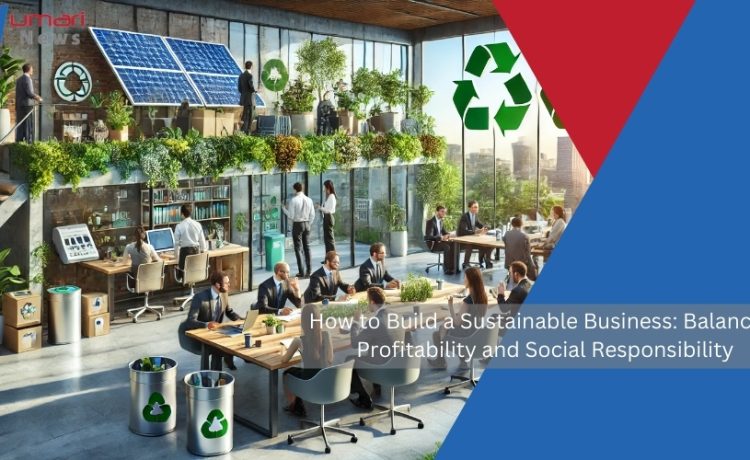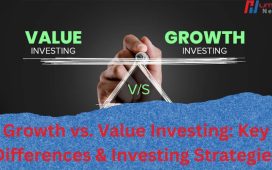Sustainable business on the other hand is a business that combines the overall goal of making profits with creating value for society and environment. Organizational sustainability in a company is a deliberate process, which involves corporate dedication, and constant evaluation and alignment of strategies and measures. All the factors of production, the community as well as the shareholders are beneficiaries of the venture, hence the effort is commendable.
The situation in the global market increases pressure and targeting only revenue is unsustainable in today’s world for organizations. The strongest, the companies that can and will be preparing for the future sustainably, apply a business model of maximising profit while simultaneously not negatively impacting society and the world.
Third, they incorporate social responsibility into their mainstream business operation. It was highlighted that it is easy to integrate sustainability into MNC’s operations; however it was made clear that this was critical to the long term success for such an organization. The triple bottom line shifts business horizons in the twenty first century.
Emphasis on Strategic Planning and Capital-intensive strategies

The sustainable organization has his eyes on the long-term and does not presume short-term profits that can actually harm the company later. Organizational strategies such as investment in renewable energy systems, supply chain management, human resource development, and resources efficient enhancement may hinder profit generation in the organization in the short term. However, such investments yield results within years through costs control, product development, skilled workforce, and clients adherence. Both patience and ability to persevere are crucial.
Essentials of Operationalising Sustainability and Culture
Profitability depends on the organization’s performance and cost management; however, sustainability expectations are more than legal requirements. The companies also require to integrate social responsibility and environmental values in internal and external communication. This can include involved staff education, modifying production facilities, migrating to ethical suppliers, tracking CO2 emissions, and making sustainability declarations to the general public. Which although disruptive as we have seen, are actually the initial layers of this new workplace cultural frame.
Collaborate With Stakeholders
A sustainable business knows that a business and all the stakeholders – the workers, the surrounding environment, suppliers, owners, and consumers – are interconnected. They work with these organisations to ensure they have a similar vision and goal setting. This could include listening forums to create more workforce friendly policies, host companies, aid to suppliers in achieving code of conduct standards, investor outreach on sustainability policies, and consumer disclosure on sourcing and operations.
Social entrepreneurship as the force to rethink business model

Corporate social sustainability, as displayed through social entrepreneurship, achieves sustainability through new products, services, and initiatives for creating positive social impact for profit making. Such include paying employees living wage and skills training to the disadvantaged, developing models that help the needy through the purchase of the product with one being donated to the needy, designing environmentally friendly technologies, establishing education models in the developing worlds, and giving out microloans to the intending business entrepreneurs. It is unlimited.
Monitoring non-financial indicators in addition to financial ones allow a business to see how well it is sustained in terms of both profit and mission. The best organizations thus integrate the two – you look for the best solution that is equally good on the balance sheet, as it is on the environment/society.
Such numerous advantages of operating sustainably explain why ever more companies in search of profit seek new profit-making models compatible with ethical values. Although the transition may entail a visionary and hard work at various organizational tiers, positive organizational cultures and enhanced productivity act as the three pillars to support such sustainable commitment. The ability to simultaneously address social and environmental issues and create value for shareholders and customers will and should make the pursuit of true sustainability a worthy goal.







